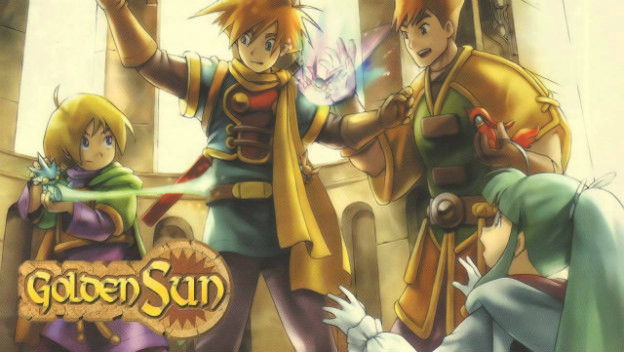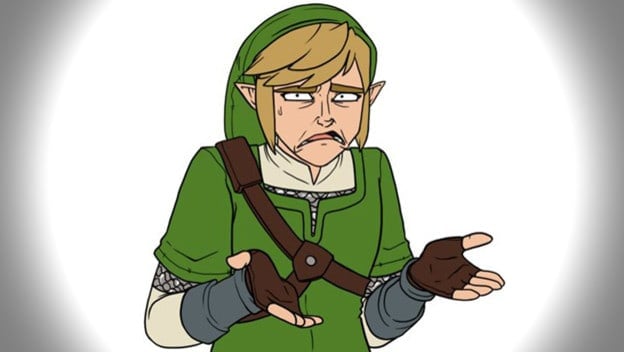The final level of my most anticipated game of 2017, which I won’t name for the benefit of those who haven’t played it yet, falls into a common developer pitfall. By the time I reached the end, I sensed the developer ran out of ideas. Not out of laziness, but because that’s what tends to happen at the tail end of a AAA game’s development cycle. This game is still one of the best I’ve played all year, and the level’s aesthetics were befitting for a final battle on which the fate of the world hinges. Overall, the other levels of this otherwise brilliant game featured puzzles that, although unchallenging, expanded upon the game’s themes. That’s why I’m frustrated that they chose to end the game with a series of mediocre floor puzzles.
I hate floor puzzles. I admit I’m not much of a puzzler fan and/or intelligent person, but neither traits are necessarily required to solve them. You might as well ask me to sweep and mop the floor as logistically as possible before moving on to the next room. Of course, they usually come in groups where each one is supposedly more challenging and complex than the last. But they’re not. It might take half of a minute to determine the correct course to turn all the tiles blue, but it doesn’t even take half of that time to realize how uninteresting this mechanic is.
Don’t worry. As much as I hate floor puzzles, I would never dedicate all 500 or so of my allotted words to them. We’ll just go ahead and sweep these under the rug and tie them into my larger point: puzzles in video games are too conventional and need to up their game.
As much as some might complain of stagnation in games, I find myself able to forgive conventions in genre. There’s just enough customization to turn-based RPGs to where you can turn your Final Fantasy knockoff into something more bold and daring like Grandia II . Maybe such changes won’t be enough to convince those who aren’t fans of these games to have a change of heart, but for those who are, they have enough experience with them as they might driving a car. And like driving different cars, you can get a sense of comparison to help them determine which of these meets or exceed their standards.

The reason why I’m less forgiving of conventional puzzles is they’re usually a small portion of a game. Although it’s true that they can help add variety to the game, the puzzles themselves remain conventional to a fault. You might be able to change the block to a boulder and maybe move it via psychic powers like in Golden Sun , but no matter what, it seems as if there’s only one option: push the block onto a switch. As for floor puzzles, they’re even worse. Turn all of the yellow tiles to blue, or turn the tiles marked X into circles. For the few times in which one person designs one that somehow does trip me up – usually, involves an ice level – it’s infuriating knowing that this one minor distraction is somehow tripping me up than the core mechanics themselves.
I understand that puzzles are necessary for breaking up the repetition and that a conventional puzzle can quickly communicate to experienced players what to do. That’s fine. But in the medium where seemingly anything can happen, I’d rather break through the floor puzzle and see what’s on the other side.
